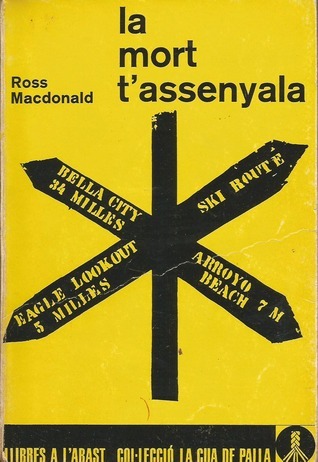What do you think?
Rate this book


205 pages, Paperback
First published January 1, 1952
"What were you treating her for?"
"It amounted to nothing really... do you follow me?"
"Partly. Her symptoms were caused by nerves."
"I wouldn't say nerves." [The doctor] was expanding in the glow of his superior knowledge. "The total personality is the cause of psychosomatic ills. In our society a Negro, and especially a highly trained Negro woman..., is often subjected to frustrations that could lead to neurosis. A strong personality will sometimes convert incipient neurosis into physical symptoms. I'm stating it crudely... She felt cramped by her life, so to speak, and her frustration expressed itself in stomach cramps.”
Her diffident black hand touched my arm very softly and retreated to her bosom. A thin gold wedding-band was sunk almost out of sight in the flesh of its third finger. "You are on our side, Mr. Archer?"
"The side of justice when I can find it. When I can't find it, I'm for the underdog."
Seen from inside by daylight, the room was spacious and handsome in an old-fashioned way. Kept up, it might have been beautiful. But the carpets and the surfaces of the furniture were gray with dust, strewn with the leavings of weeks: torn magazines and crumpled newspapers, cigarette butts, unwashed dishes. A bowl of rotting fruit was alive with insects. The wall plants had drooped and died. Cobwebs hung in shaggy strands from the ceiling. It was a Roman villa liberated by Vandals.